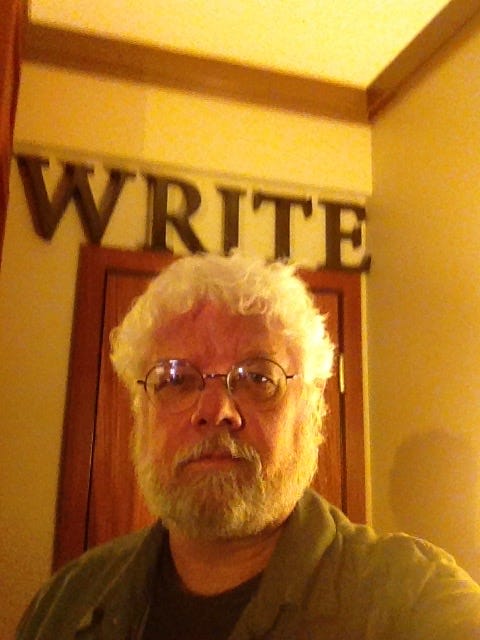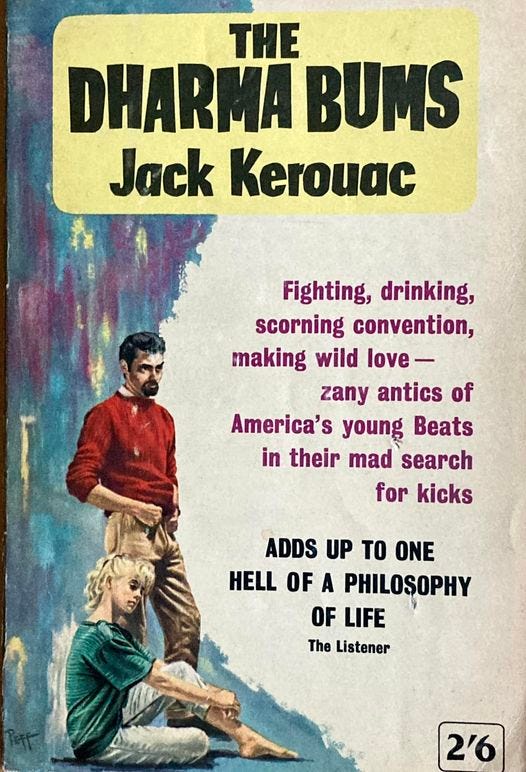When my son Sean was very young, someone once asked him, “What do your parents do?”
“My mom works all the time and my dad reads all the time.”
That was probably true at the time, but he may have mistaken writing as reading.
Although, yes, I did and do read a lot. I feel weird whenever I finish a book and don’t know what to read next. These days I do a lot of reading on the web and a lot in my Kindle App. As much as I love books, they do take up a lot of space and just sit around for a long time.
Is it okay that I reread most of my favorite books ((and rewatch movies)? Some are books I love because of the writing. Some are great stories. Some are full of lessons I have to learn over and over. It’s easy to read something, then not be able to describe it fully, yet still find it meaningful.
One book that comes immediately to mind is “The Island at the Center of the World”.
It is a fascinating history that is also a great story. Subtitled “The epic story of Dutch Manhattan, and the founding colony that shaped America”, it is full of great insight into history, language, and culture. I have read it over and over because I want to know and tell the history and the story myself — because it helps me make sense of what is going on in the world today. I want to remember more than just the basics. I don’t think I currently have a copy of it because I keep giving it away to others to read.
If you want to be a writer, (and I don’t think I’ve ever really wanted to be anything else) you have to read. I emulate other writers, hopefully without copying too much.
Unusual writing is my favorite. Everything by Tom Robbins, Molly Gloss, Cherie Priest, Michael Lewis, Michael Chabon, Jack Kerouac. Some influential writers were once unusual but now are stereotypes: Hemingway, Heller, Herbert, Heinlein. And yes, I grew up in a time when old, white, male writers were studied as ideals. I hope I’ve stretched my horizons enough now to include diversity. Thanks Molly, Cherie, Linda Tamura, Ayn Rand, Ralph Ellison.
I usually say the books that made the biggest impression on me when I was young are: “The Fountainhead”, “Tropic of Cancer”, “Dune", “Stranger in a Strange Land”. As I mentioned in a previous post, “Tunnel in the Sky” by Robert Heinlein was the first science fiction book I read. I was in Jr. High, so I had already been introduced to sci-fi via Star Trek, but I stumbled upon Heinlein in the school library and I devoured every Heinlein book they had after that. When I got to “Stranger in a Strange Land”, I was struck by how much I could learn about reality from fiction.
“Stranger” blew my mind and set me on a quest to dive into the meaning of life, the universe, and everything. By the time I got to Douglas Adams I had already been down so many roads with so many authors that philosophy, spirituality, journalism, fiction, non-fiction, and especially comic books had taken over my life. The comic books I read were not really comic. Mostly they were great stories that let me actually see the writer’s vision, the same way a movie adaptation does. They taught me how to make movies. It didn’t take me long to realize comic books are story boards, full of establishing shots, close ups, two shots, dialogue and everything I needed to see as a director.
Comic books may have been my first introduction to “literature”. Long ago I remember reading comic book adaptations of important books: Frankenstein (Mary Shelly), The Hobbit (then everything by Tolkien), Tarzan & John Carter (Edgar Rice Burroughs), The Iliad, and Edgar Allan Poe among others.
It didn’t take long before I was intrigued enough to pick up the “actual” novels themselves. In high school I was reading a lot of Asian philosophy: Buddhism, Confucianism, the Tao, (Musashi’s "The Book of Five Rings” was a big favorite) — and watching a lot of Asian movies (more on that later); diving deeper into Science Fiction (Asimov, Clarke, Dick); and testing out Greek and European philosophers (Plato, Hesse, Jack Kirby & Stan Lee {Thor}) and dipped my toe into Existentialism (Thoreau, Kafka, Dostoyevski). I dove into Ayn Rand’s “The Fountainhead” and slogged through Atlas Shrugged. I was immersed in “Dune” and grokked “Stranger in a Strange Land.” Byron and Shelley and Service and Kipling and Whitman made me see how words could be like painting. Then I discovered Jack Kerouac. He painted words like an existentialist with an Asian sensibility. I devoured his books. I longed to live life “On the Road”. I wanted to be a “Dharma Bum”.
His influences became mine: Henry Miller, Jazz, Buddhism.
Later, while getting my Masters degree in Education, I created and taught to other students in the class, a course called “Spontaneous Prose” based on Kerouac’s rules of writing. We listened to jazz and wrote… it was pretty simple. It struck me as oxymoronic that Kerouac would create rules for writing, but it also made me realize that there is order even in the most chaotic moments. Journalism taught me the same thing: how to tell a story.
How am I doin”?
Kerouac rule #20. Believe in the holy contour of life
Sean’s mom, Linda, did work a lot. And I am grateful for that. It allowed me to be the “artist” I was trying to be. I did read a lot. It allowed me to figure out what kind of “artist” I wanted to be.
I can’t find the exact quote on the web, but hanging in my office is a quote attributed to Van Gogh: “I am an artist (includes) the meaning: always seeking without absolutely finding.”
Yep.









Another nice read (about reading)!
One of my brothers once commented that he thought I didn't really work. I found that comment interesting it seemed to me as a freelance photographer all I did was work.
I am glad we had very different lives - I never envied him his.
Enjoying this installment. Never heard of The Island at the Center of the World, but I just looked it up and it sounds intriguing. Reading this reminded me of the fact that you gave me Dune and Stranger in a Strange Land to read (thanks for that!). Also, you sent me books by Hillerman and Sherman Alexie which I ignored at the time, but am now wild about. Love that final quote about artists--we're always evolving.